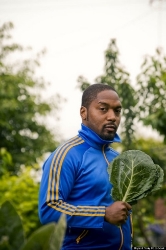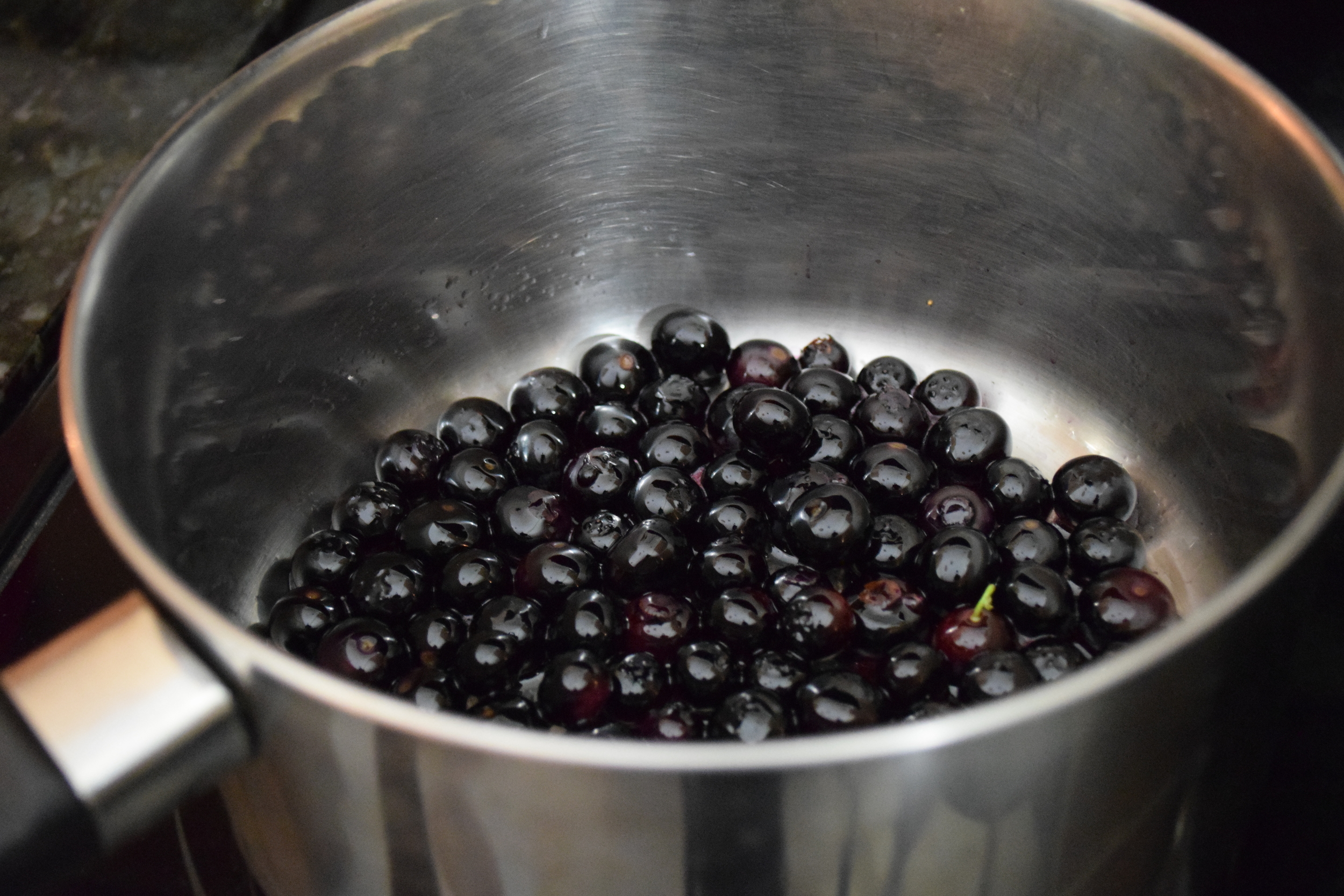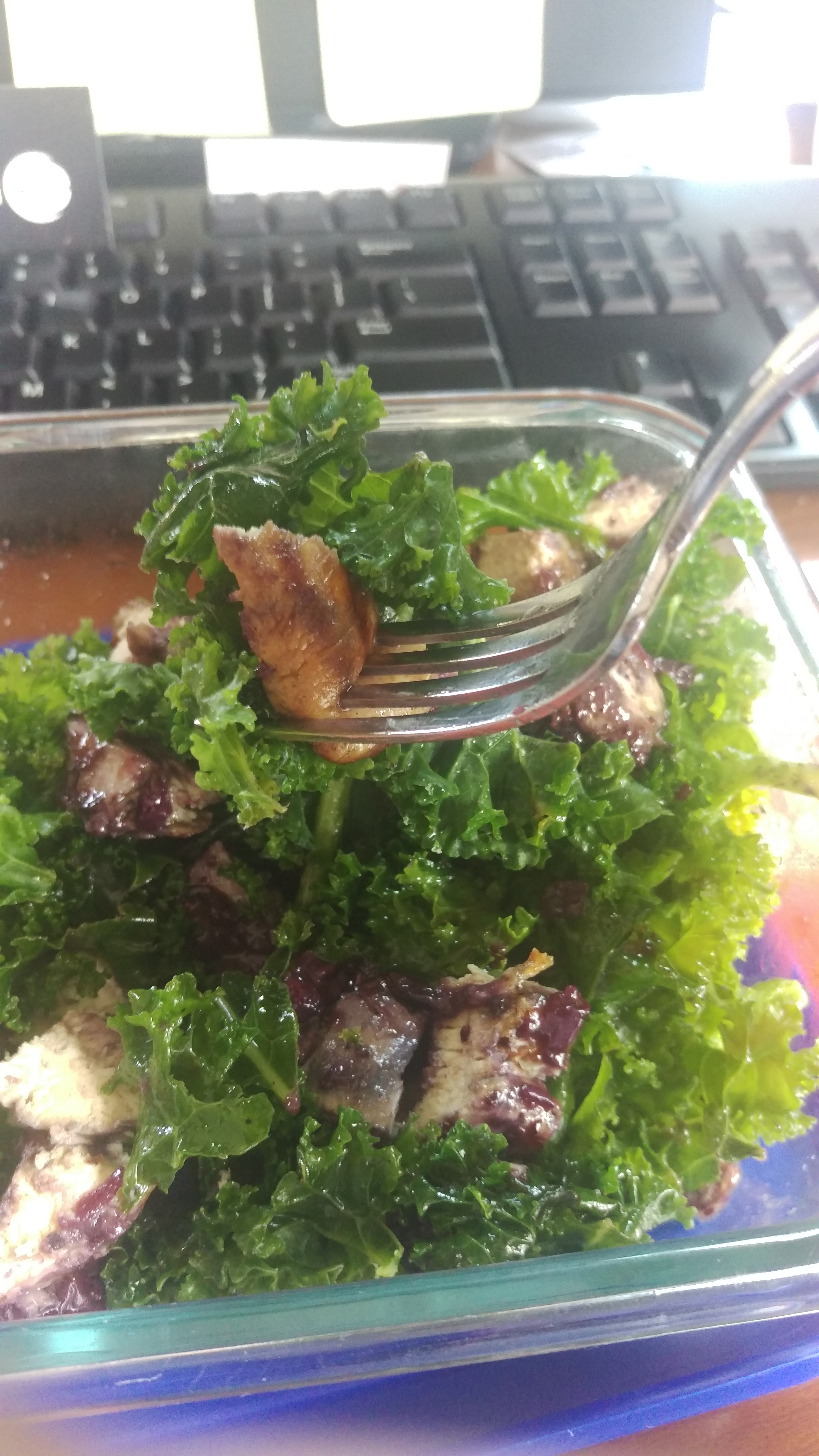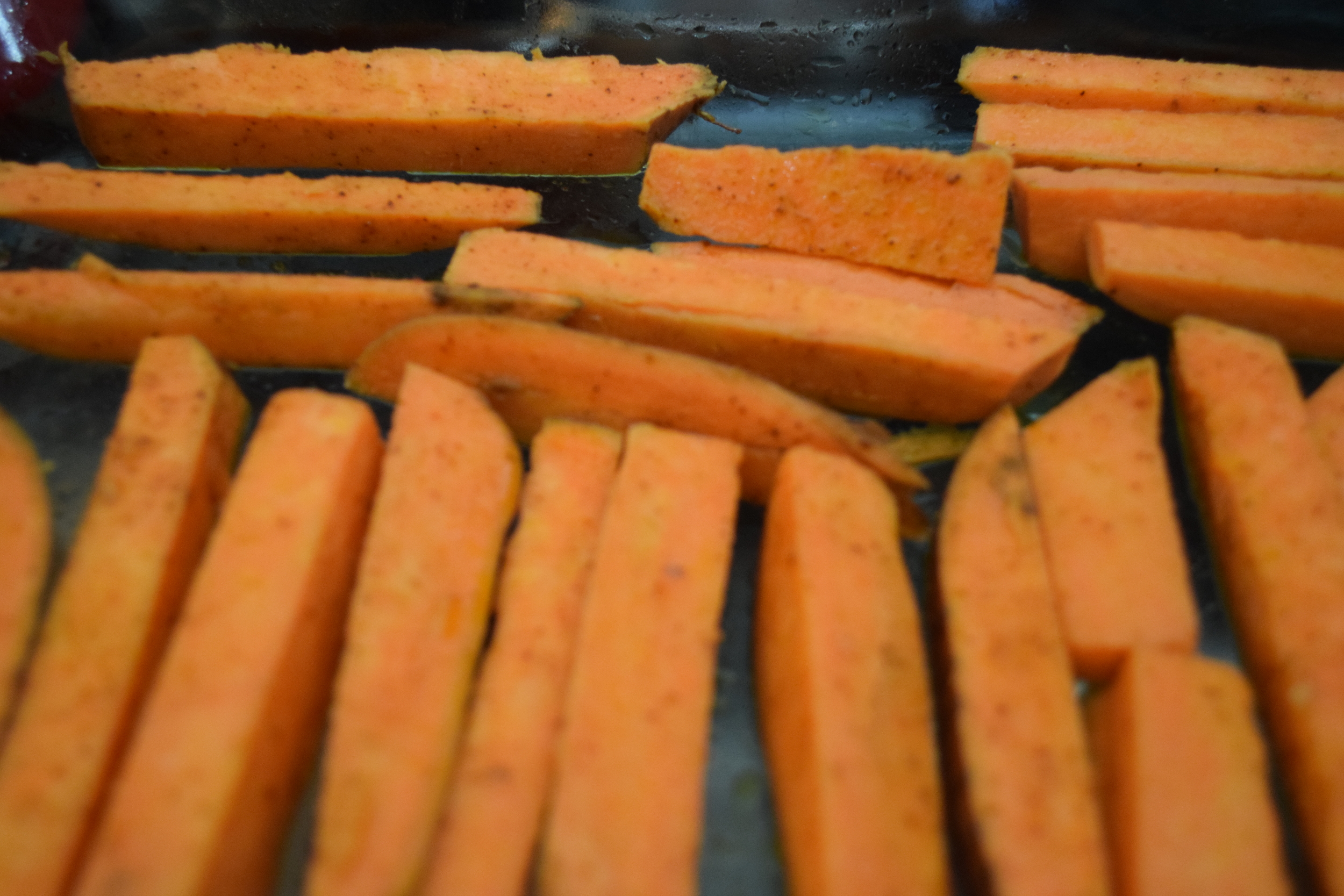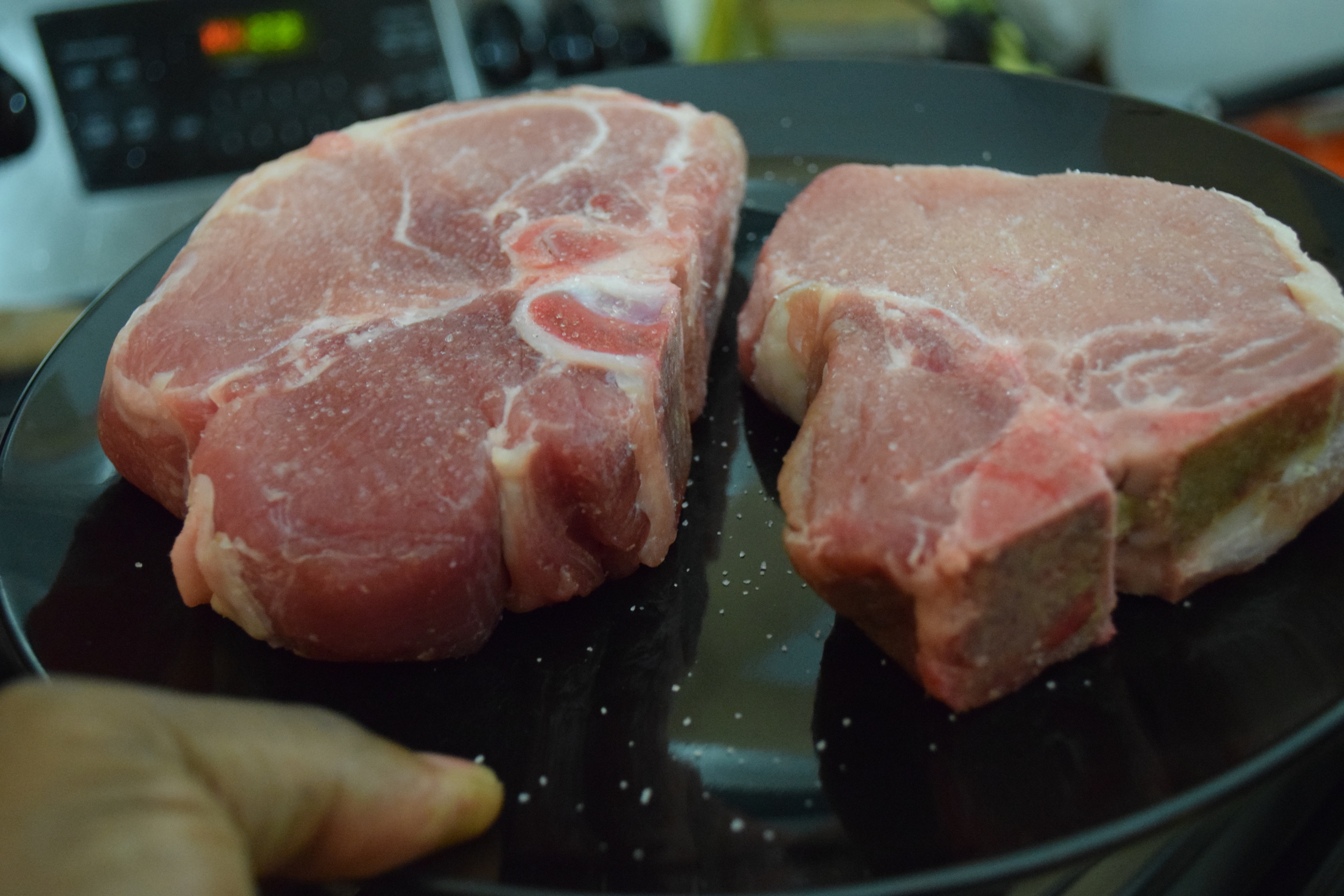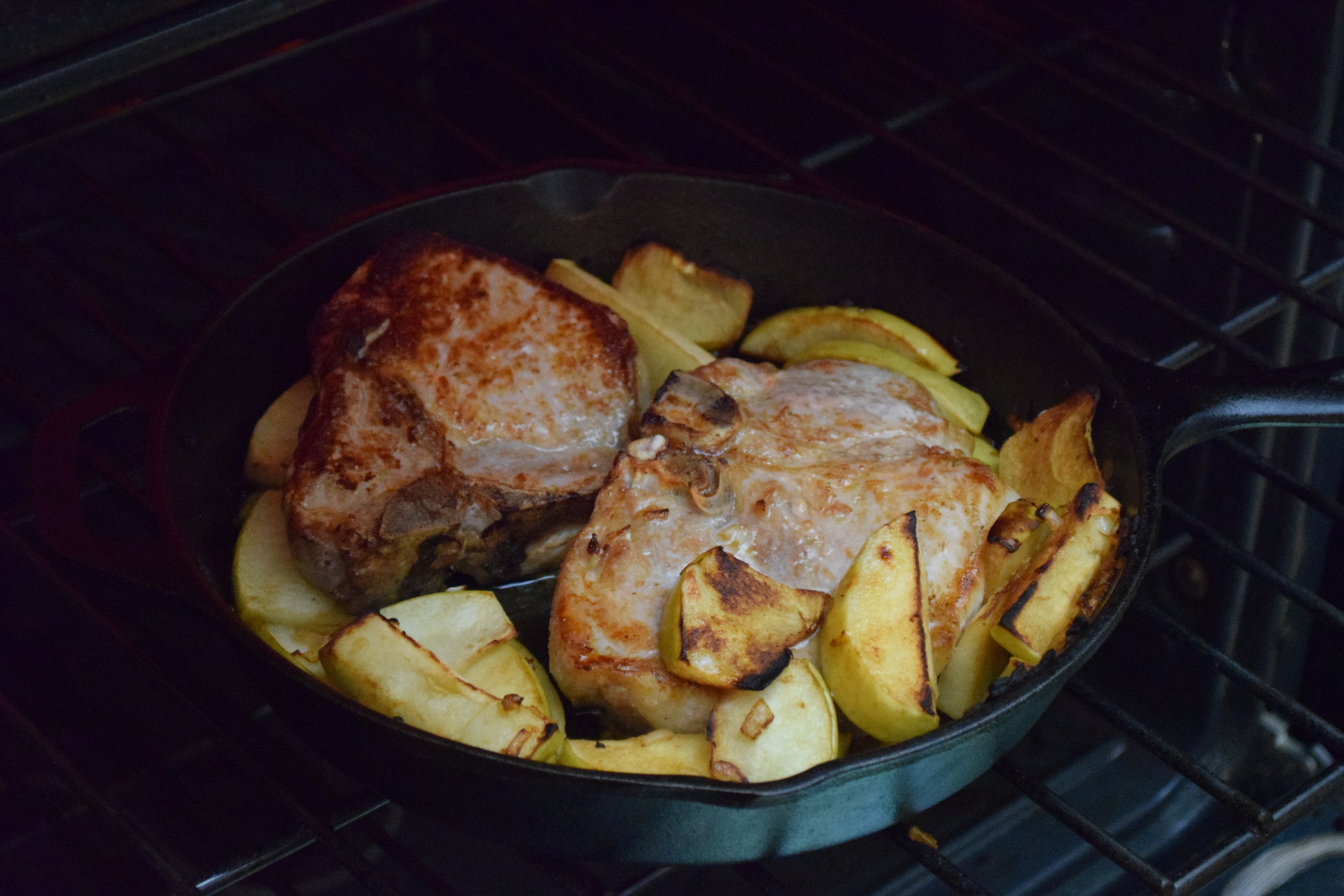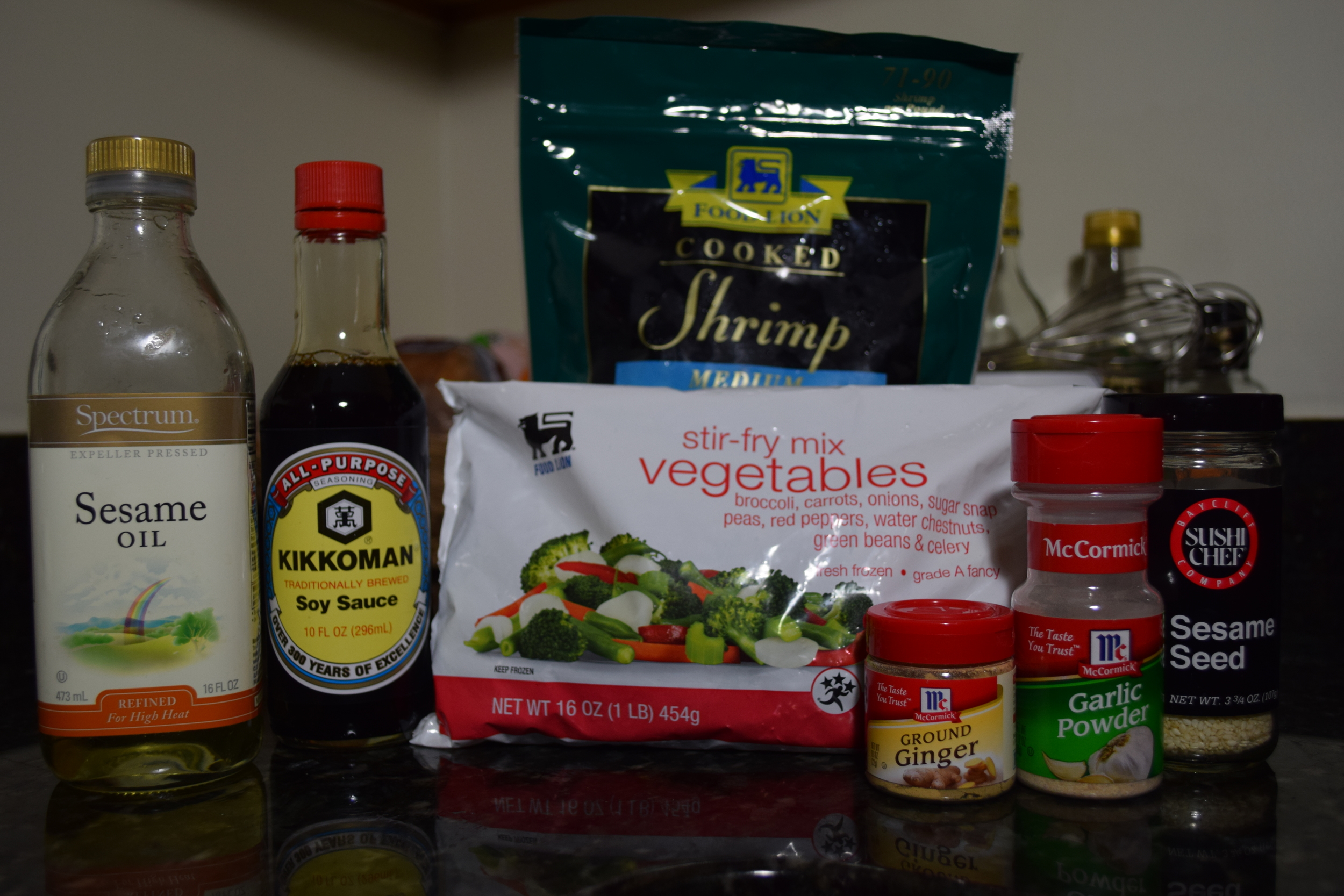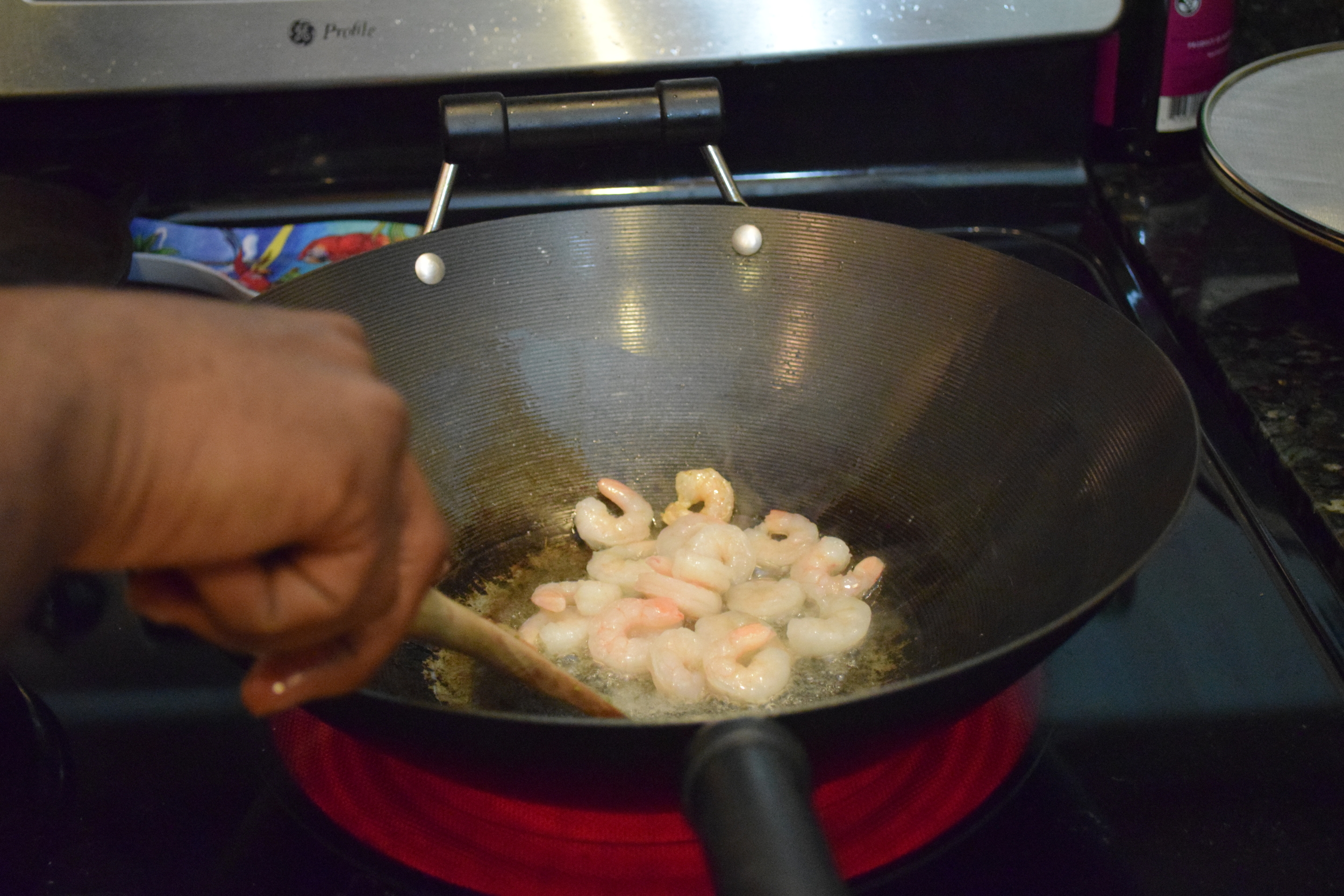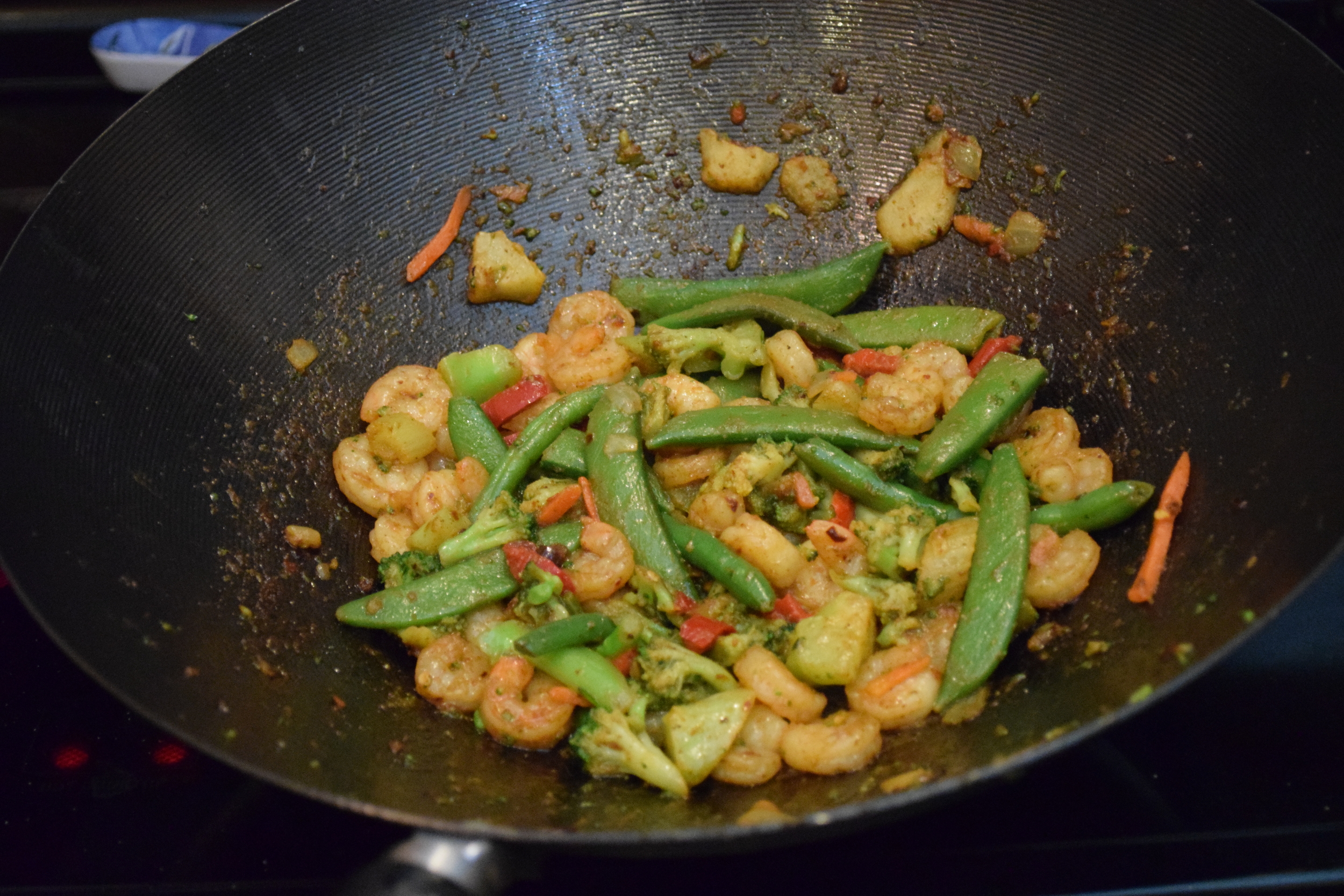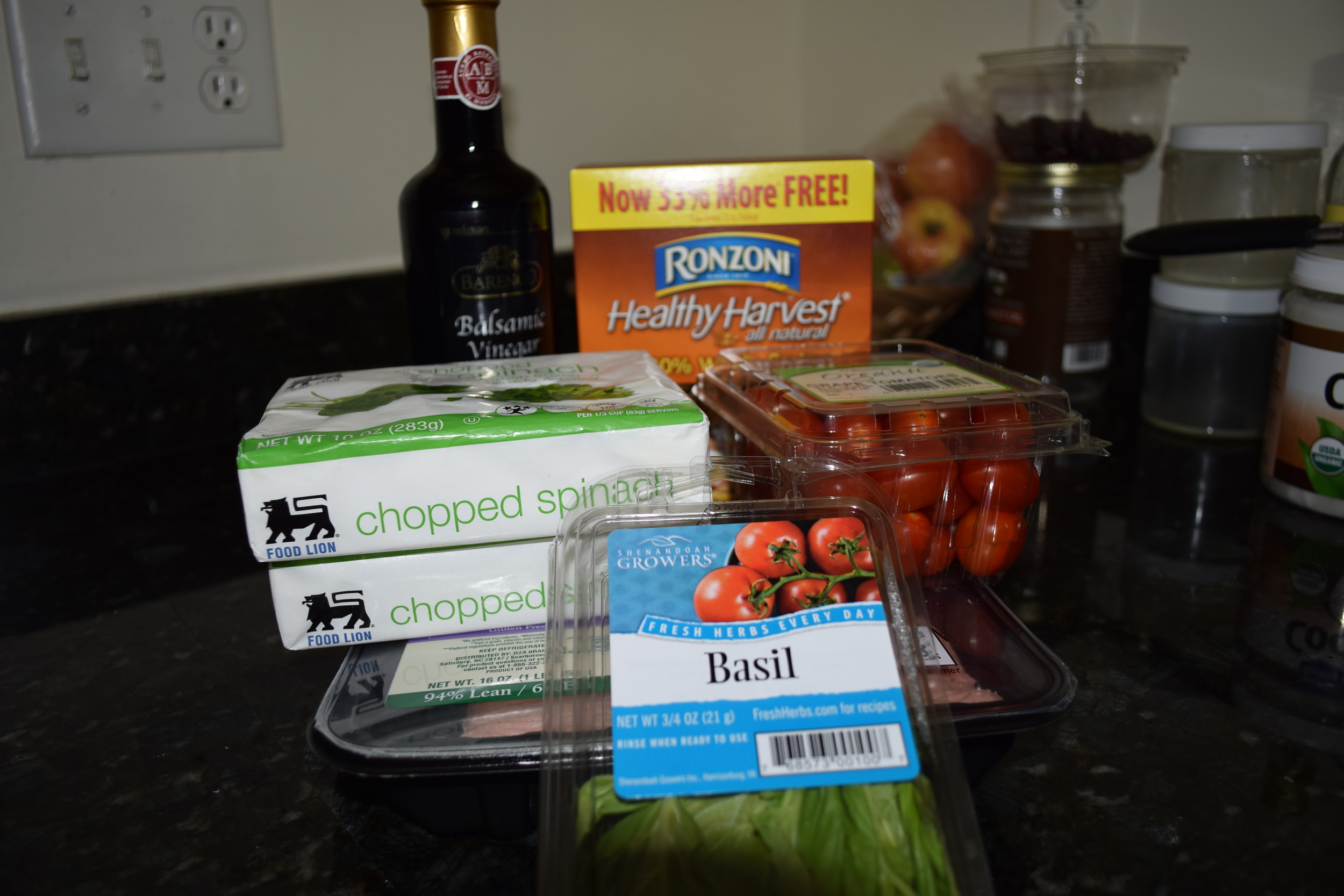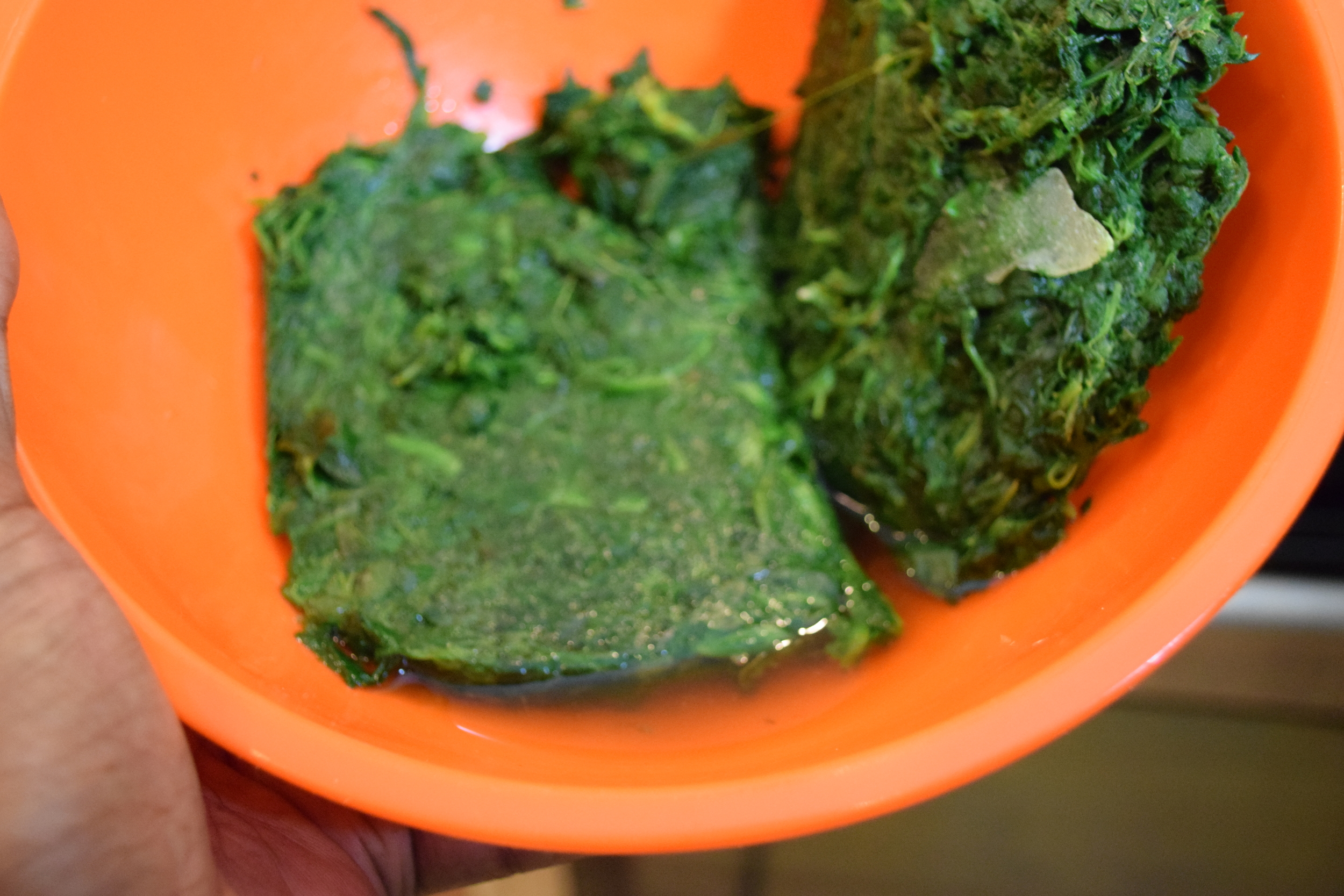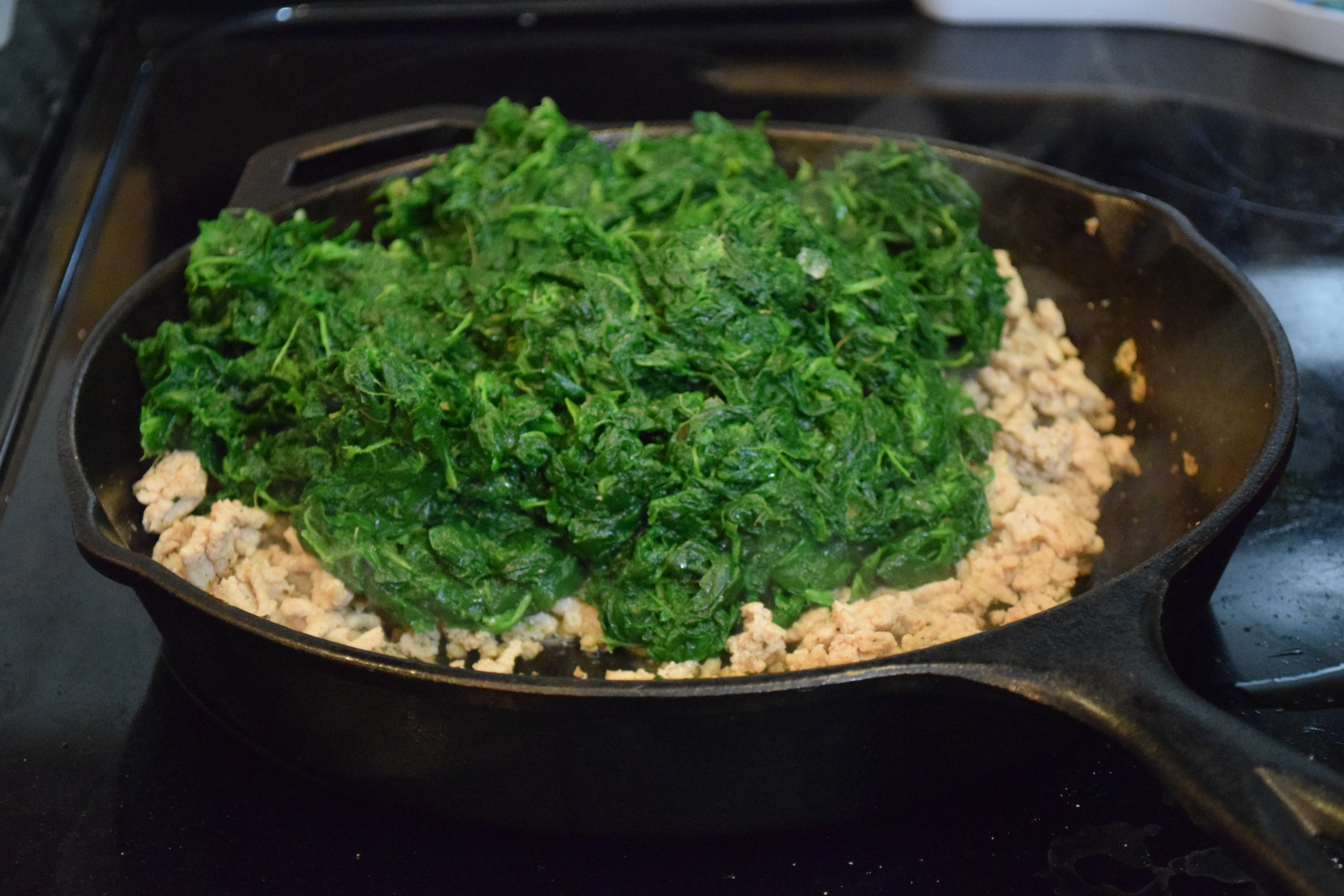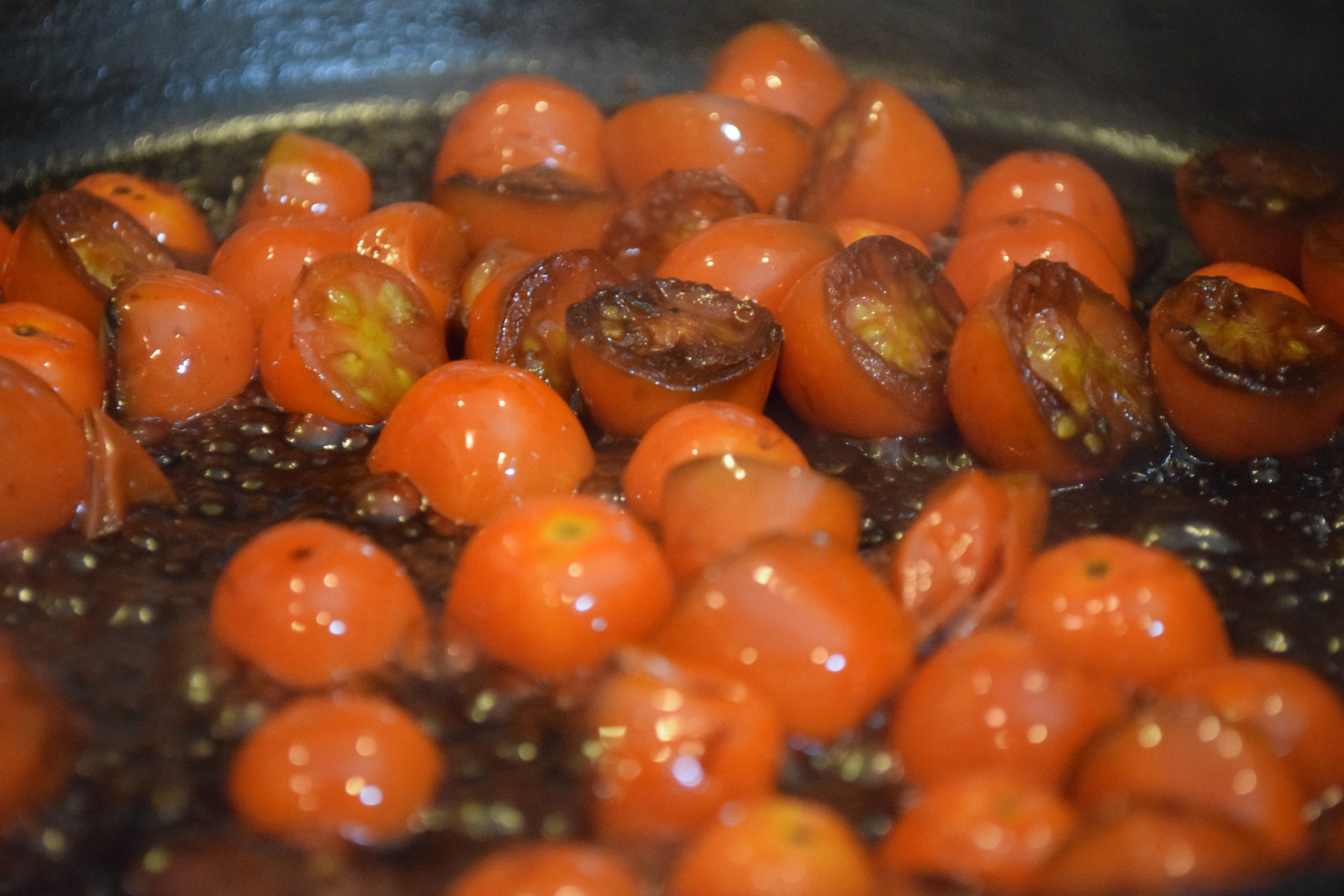Soul Food & The Family: Getting back to our roots
Mario Moore
Growing up a picky eater in a black house, the thought of Soul Food brings up memories of being stuck at the dinner table long after everybody else, BUT it also brings up memories of family, spirituality, love and fun. Whether it was Christmas Eve dinner at Aunt Bea’s, traveling down south for a summer vacation or dinner in the church basement after a funeral, soul food will always have very strong ties to family for me. This is a popular reflection among blacks today but there is also frequent criticism that soul food is crazy unhealthy or it's just seen as “slaved food” that is unworthy of celebration.
Cousins -- Tennessee in the early 90's
Characterized primarily by popular mainstays like fried chicken, pork-flavored collard greens and macaroni and cheese, it makes sense that today’s highly processed version of soul food gets a bad reputation. Our food history celebrates a heritage of culinary genius, community-building, and resourcefulness but you can only truly understand its impact by understanding how black food culture has changed over time.
After reading an article last month where author, Adrian “The Soul Food Scholar” Miller, interviewed knowledgeable bloggers, chefs, writers, and restaurateurs about the State of Soul Food in America, I was inspired to learn more about the history of our food. In an earlier article An Illustrated History of Soul Food, he walks us through the complex origin of a cuisine rooted in both triumph and anguish. Check my synopsis below.
An abbreviated history of Soul Food in America
In the early parts of our American history, blacks did not have much control over what we ate. Starchy carbohydrates like corn meal, rice or sweet potatoes and cheap cuts of meats were provided by the masters during slavery, so folks were forced to forage, hunt and garden to round out their diets. Meat centered meals similar to the ones we may recognize as soul food today were reserved for celebrations and special occasions.
It wasn’t until after slavery that we gained some freedom to choose what we ate but because most blacks moved directly from slavery into sharecropping, their income didn’t allow for much flexibility from the slave diet; heavy on seasonal veggies and low on meats. It was during this time that we began to see an increase in processed foods through refined flour and sugar products. As the black church emerged as a pillar in the new black community, the opportunities for celebration and fellowship increased, offering a platform to showcase these special occasion foods more often.
Crippling debt and unbearable racism forced blacks to flee the south and head north during the Great Migration to find economic stability. Eventually blacks began to settle in neighborhoods and create communities centered around spirituality, food and family. With more disposable income, the soul food tradition of Sunday Dinner with extended family emerged with a table full of special occasion foods.
The term soul food didn't gain mainstream attention until the 1960s, although it had been common language in the black community since the 1940’s. Many viewed soul food simply as the delicious home-cooked meals and recipes passed down from generation to generation. Some viewed it as an opportunity to unite blacks as one. And others “argued that true soul food wasn’t the “master’s chicken-and-pork laden leftovers,” but a return to the traditional fish and vegetables diet of their ancestors, featuring West African ingredients like okra, black-eyed peas, tropical yams, millet, and sorghum.” Almost simultaneously as it gained this new found attention, there was also a major shift in food values. Convenience became a priority as more families moved into the workforce. This shift brought a rise to processed foods that threatened the nutritional value of our historic diet. Clearly, it didn’t stop us from eating though!
Hope is not lost
Although the number of soul food restaurants in major cities are dwindling, there is a movement happening among young pioneers carrying the torch for our people, our food and our health. Gentlemen like Michael Twitty, spreading culinary history and knowledge on his blog -Afroculinaria- devoted to African American historic foodways and their legacy; and Bryant Terry using his position to celebrate the intersection of food, farming, health activism, art, culture, and the African Diaspora.
Realizing that soul food is rooted in a plant-based diet, defined by seasonal vegetables and supplemented with meats and other products from naturally raised animals, reinforces the idea that we need to move back to a more basic diet. Understanding it’s rich history and that it’s so much more than just “slave food” is important in mobilizing a movement where we step away from relying on the refrigerator and look to the land for sustenance.
I’m just tapping into this movement but I’m encouraged and inspired. Let’s get back to our roots...for real!
Eat to live. Live to Be.
B. Bowden

